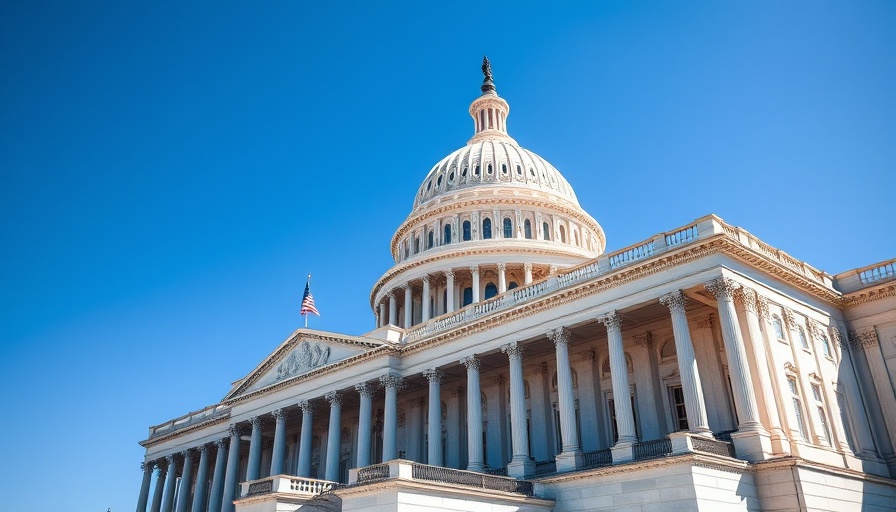
Senate Strikes a Deal to Keep Government Running, But at What Cost?
In a recent decision, the U.S. Senate passed a stop-gap funding bill aimed at avoiding a government shutdown, but the implications of this quick fix resonate deeply within the political landscape. Passed on a largely partisan vote of 54-46, this measure allows federal operations to continue through the end of September, keeping spending relatively stable at approximately $6.75 trillion for the fiscal year. However, it also brings with it a reduction in spending of about $7 billion, mainly impacting social programs while increasing military allocations. This decision, particularly spearheaded by Senate Minority Leader Chuck Schumer, has generated significant backlash among House Democrats and reflects profound divisions within the party.
Discontent Brews Within the Democratic Party
The sharp political divide among Democrats has been laid bare according to multiple reports following the bill’s passage. Prominent figures like Rep. Alexandria Ocasio-Cortez expressed feelings of betrayal with Schumer's support for the bill. Many Democrats view this move as a capitulation to President Trump's agenda and his attempts to trim government spending without adequate checks. The rift exemplifies broader uncertainties in party strategy, especially as they navigate an emboldened Trump administration.
The Balancing Act: Avoiding Shutdown vs. Budget Cuts
This bill’s passage reveals a fundamental dilemma for Democrats: the choice between avoiding a costly government shutdown which could disrupt services and worsen the financial landscape, or resisting a bill that may further enable spending cuts championed by Trump. Schumer's argument pivoted on the notion that allowing the government to shut down would risk deeper harm to American families, thus compelling many Democrats to break ranks and support the bill despite reservations.
Repercussions for the Business Community and Beyond
From a broader perspective, this funding measure is crucial not just for the political sphere but also for the business climate across the nation, impacting areas like Bay Area business news, Silicon Valley startups, and broader venture capital funding dynamics. Investors and business leaders often look at government stability as a key indicator for economic health, making an operational government essential for nurturing business growth strategies and fostering confidence in markets.
Local Perspectives: Bay Area Businesses Weigh In
The Bay Area, a hub for innovation and business, stands to gain or lose significantly based on government funding decisions. Many local entrepreneurs and startups are often dependent on federal program funding, particularly in areas like technology innovation and sustainability initiatives. As funds get redirected, local businesses might face new challenges and opportunities as they adjust to the shifting landscape influenced by Washington politics.
Looking Ahead: What’s Next for Government and Business?
As the Senate turns its gaze toward new priorities, including debt ceiling negotiations and possible tax reforms, concerns about corporate governance and regulatory shifts loom large on the horizon. The repercussions of this spending bill may fuel additional debates around the budget, impacting employment trends and small business news across the nation as policymakers seek to balance fiscal responsibility with the needs of the populace.
In conclusion, the Senate's passage of the stop-gap funding bill reflects not only political strife but also sets crucial precedents for businesses across the country. With the ongoing challenges of budget cuts, it is vital for stakeholders—from entrepreneurs to local government officials—to remain informed and engaged. Understanding these developments is essential for navigating the evolving landscape of the Bay Area economy and its broader impact on innovation and growth.
 Add Row
Add Row  Add
Add 



Write A Comment